For nearly a decade, rumors swirled around Apple's secretive electric car project, codenamed “Titan.” While the tech giant never officially confirmed its existence, the whispers captured the imagination of car enthusiasts and tech fans alike. However, in a recent internal announcement, Apple revealed it has decided to shift gears, putting the electric car project on hold.
What Led to the Decision?
After years of speculation and rumors surrounding Apple's ambitious foray into the automotive industry, the company has officially announced the termination of its electric car project, codenamed “Project Titan.” Speculations were rife about Apple's plans to disrupt the automotive market with its sleek and innovative electric vehicles. However, various challenges and setbacks led to the eventual demise of the project.

A Challenging Journey
The journey of “Titan” was not without its bumps. The project faced numerous challenges, including leadership changes, internal disagreements, and the complexities of entering the highly competitive automotive industry. Despite years of research and development, Apple reportedly struggled to achieve its ambitious goals for the car's design, technology, and production timeline.
Technical Hurdles: Apple encountered numerous technical challenges, including battery technology limitations and autonomous driving software complexities, which hindered the project's progress.
Competitive Landscape: The automotive industry is fiercely competitive, with established players like Tesla, Ford, and GM dominating the market. Apple struggled to carve out a niche for itself amidst stiff competition.
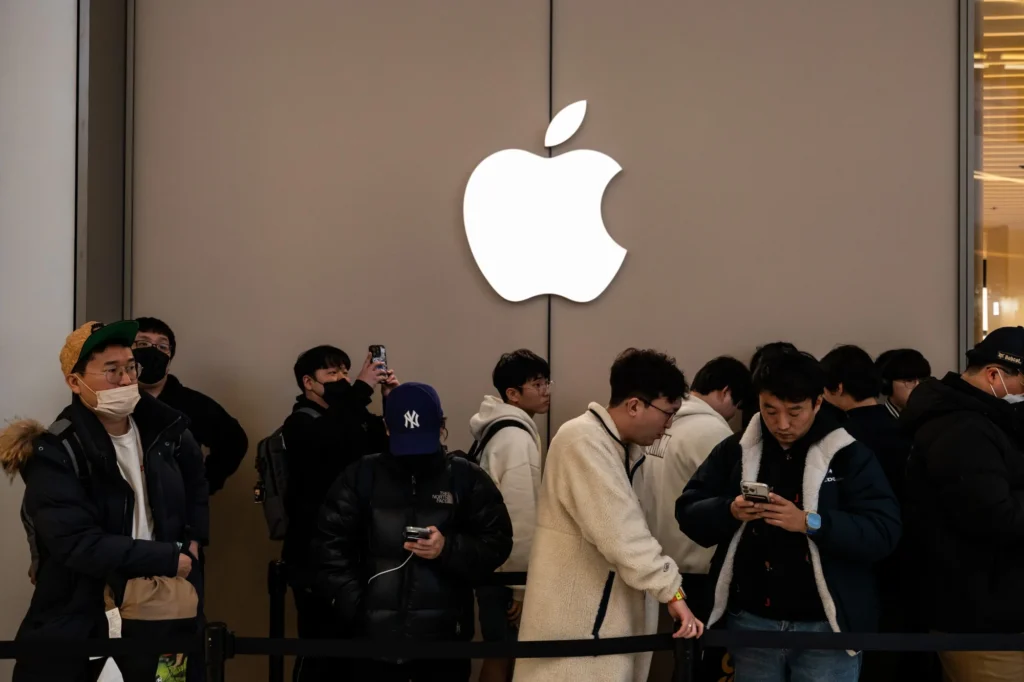
Impact on the Industry:
Apple's decision to abandon its electric car project sends ripples across the automotive and tech industries, sparking debates and discussions about the future of electric vehicles. The announcement comes as a surprise to many, especially considering Apple's reputation for innovation and its track record of disrupting various industries.
One of the most significant implications of Apple's decision is the impact it will have on the perception of electric vehicles (EVs) as a viable alternative to traditional combustion engine cars. With Apple's vast resources and brand recognition, many believed that the company's entry into the electric car market would accelerate the adoption of EVs and drive innovation within the industry. However, the abrupt end to the project raises questions about the feasibility and profitability of electric vehicle ventures.
However, despite the setback, Apple's decision does not necessarily spell the end of its ambitions in the automotive sector. The company has reportedly shifted its focus to developing autonomous driving technology, which could be integrated into existing vehicles through partnerships with established
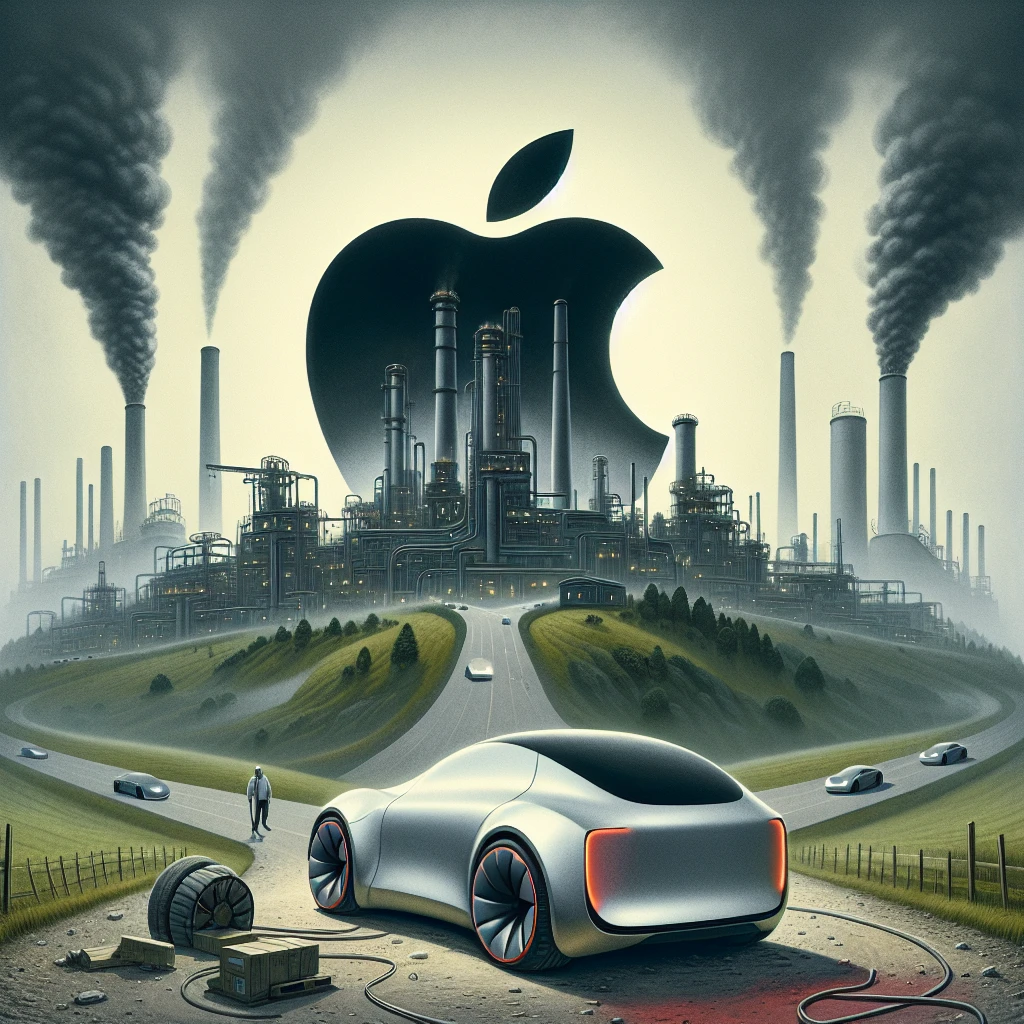
The Future of Apple's Automotive Ambitions
The decision to put the electric car project on hold doesn't necessarily signify the end of Apple's automotive ambitions. The company still holds valuable patents related to self-driving car technology, and the future landscape of the automotive industry is constantly evolving. While it's impossible to predict with certainty, it's possible that Apple may revisit its electric car aspirations in the future when the technological landscape and market conditions align more favorably.
Conclusion:
The demise of Apple's electric car project serves as a reminder of the challenges inherent in venturing into new industries. Despite this setback, Apple's legacy of innovation continues, and the tech world eagerly awaits its next big move.

-
Product on sale
 Apple AirPods (3rd Generation) Wireless Earbuds with Lightening Charging Case, Spatial Audio, Sweat and Water ResistantOriginal price was: ₨ 5,000.₨ 2,999Current price is: ₨ 2,999.
Apple AirPods (3rd Generation) Wireless Earbuds with Lightening Charging Case, Spatial Audio, Sweat and Water ResistantOriginal price was: ₨ 5,000.₨ 2,999Current price is: ₨ 2,999. -
Product on sale
 Apple AirPods Max – Spatial Audio – Volume Adjust Button – Long Lasting Battery Life – Auto Connection – Highly Comfortable – Active Noise CancellationOriginal price was: ₨ 6,000.₨ 3,999Current price is: ₨ 3,999.
Apple AirPods Max – Spatial Audio – Volume Adjust Button – Long Lasting Battery Life – Auto Connection – Highly Comfortable – Active Noise CancellationOriginal price was: ₨ 6,000.₨ 3,999Current price is: ₨ 3,999. -
Product on sale
 Apple AirPods (1st / 2nd Generation) Wireless Earbuds – Over 24 hours of Battery Life – Effortless Setup – Bluetooth v5.0 – Touch Sensors – High Quality Sound – Sleek Design – Build With Advanced TechnologyOriginal price was: ₨ 2,000.₨ 1,499Current price is: ₨ 1,499.
Apple AirPods (1st / 2nd Generation) Wireless Earbuds – Over 24 hours of Battery Life – Effortless Setup – Bluetooth v5.0 – Touch Sensors – High Quality Sound – Sleek Design – Build With Advanced TechnologyOriginal price was: ₨ 2,000.₨ 1,499Current price is: ₨ 1,499. -
 G500 RGB Wireless Charging Speaker G Shape – 10W – Beautiful Night Lights – Seamless Bluetooth Connectivity – Button Control
G500 RGB Wireless Charging Speaker G Shape – 10W – Beautiful Night Lights – Seamless Bluetooth Connectivity – Button Control -
Product on sale
 Watch 9 Suit + Earphones 3 Straps & Earphones in Box – 2.02 Inches Big Display Screen – Wireless Charging – Eye Catching Design – High Quality Packing – Bluetooth Calling – AirPods With Stereo Sound – Water Resistant – Build With Advanced TechnologyOriginal price was: ₨ 6,500.₨ 4,499Current price is: ₨ 4,499.
Watch 9 Suit + Earphones 3 Straps & Earphones in Box – 2.02 Inches Big Display Screen – Wireless Charging – Eye Catching Design – High Quality Packing – Bluetooth Calling – AirPods With Stereo Sound – Water Resistant – Build With Advanced TechnologyOriginal price was: ₨ 6,500.₨ 4,499Current price is: ₨ 4,499. -
Product on sale
 G63 RGB LED Wireless Charging Speaker – Eye Catching Design – Seamless Bluetooth – Charging With Music – RGB Lightening EffectOriginal price was: ₨ 5,000.₨ 3,349Current price is: ₨ 3,349.
G63 RGB LED Wireless Charging Speaker – Eye Catching Design – Seamless Bluetooth – Charging With Music – RGB Lightening EffectOriginal price was: ₨ 5,000.₨ 3,349Current price is: ₨ 3,349. -
Product on sale
 WS10 Ultra 7in1 Smart Watch With AirPods – Beautiful Straps – 49mm Dial – HD Display – Build Modern Technology – Beautiful Watch FacesOriginal price was: ₨ 6,500.₨ 4,999Current price is: ₨ 4,999.
WS10 Ultra 7in1 Smart Watch With AirPods – Beautiful Straps – 49mm Dial – HD Display – Build Modern Technology – Beautiful Watch FacesOriginal price was: ₨ 6,500.₨ 4,999Current price is: ₨ 4,999. -
Product on sale
 P9 Unique Combination Smart Watch 49 mm Dial – 7 Beautiful Straps – Ultra Watch – AirPods – Wireless Charging – AMOLED Display – Big Display Screen – Health Tracking – Bluetooth Calling – Multiple AppsOriginal price was: ₨ 6,500.₨ 4,199Current price is: ₨ 4,199.
P9 Unique Combination Smart Watch 49 mm Dial – 7 Beautiful Straps – Ultra Watch – AirPods – Wireless Charging – AMOLED Display – Big Display Screen – Health Tracking – Bluetooth Calling – Multiple AppsOriginal price was: ₨ 6,500.₨ 4,199Current price is: ₨ 4,199. -
Product on sale
 i30 Pro Max Suit – 7 Straps – Jelly Case – AirPods – ChargerUltra Watch – 2.02 Inches Screen – Wireless Charging – Bluetooth – Water PackOriginal price was: ₨ 6,000.₨ 4,799Current price is: ₨ 4,799.
i30 Pro Max Suit – 7 Straps – Jelly Case – AirPods – ChargerUltra Watch – 2.02 Inches Screen – Wireless Charging – Bluetooth – Water PackOriginal price was: ₨ 6,000.₨ 4,799Current price is: ₨ 4,799. -
Product on sale
 i20 Ultra 2 Max Suit With AirPods Beautiful 7Straps – Jelly Case – Bluetooth Calling – Health Tracking – Water Resistant – High QualityOriginal price was: ₨ 8,000.₨ 4,999Current price is: ₨ 4,999.
i20 Ultra 2 Max Suit With AirPods Beautiful 7Straps – Jelly Case – Bluetooth Calling – Health Tracking – Water Resistant – High QualityOriginal price was: ₨ 8,000.₨ 4,999Current price is: ₨ 4,999. -
Product on sale
 Apple AirPods Pro 2nd Gen Active Noise Cancellation – Water Resistant – Multiple Gestures – Wireless Charging – Buzzer Speaker – Find My AppOriginal price was: ₨ 6,000.₨ 3,499Current price is: ₨ 3,499.
Apple AirPods Pro 2nd Gen Active Noise Cancellation – Water Resistant – Multiple Gestures – Wireless Charging – Buzzer Speaker – Find My AppOriginal price was: ₨ 6,000.₨ 3,499Current price is: ₨ 3,499. -
Product on sale
 Apple AirPods Pro 🖤 Matte Black Edition – Customizable fit- Long Lasting Battery Life – Auto Connect – Spatial Audio – Wireless ChargingOriginal price was: ₨ 5,000.₨ 2,999Current price is: ₨ 2,999.
Apple AirPods Pro 🖤 Matte Black Edition – Customizable fit- Long Lasting Battery Life – Auto Connect – Spatial Audio – Wireless ChargingOriginal price was: ₨ 5,000.₨ 2,999Current price is: ₨ 2,999. -
Product on sale
 Apple AirPods Pro (2nd Generation) Wireless Bluetooth – Spatial Audio – Extra Long Battery Life – Buzzer Speaker – Lanyard Loop – H2 ChipOriginal price was: ₨ 5,000.₨ 2,799Current price is: ₨ 2,799.
Apple AirPods Pro (2nd Generation) Wireless Bluetooth – Spatial Audio – Extra Long Battery Life – Buzzer Speaker – Lanyard Loop – H2 ChipOriginal price was: ₨ 5,000.₨ 2,799Current price is: ₨ 2,799. -
Product on sale
 Haino Teko Air 5 AirPods With Lanyard Loop – High Quality Sound – Eye Catching Design – Stereo Bass Sound – True Wireless – Free Silicon Cover – Professional Look – Active Noise Cancellation – Build With Modern TechnologyOriginal price was: ₨ 5,500.₨ 3,199Current price is: ₨ 3,199.
Haino Teko Air 5 AirPods With Lanyard Loop – High Quality Sound – Eye Catching Design – Stereo Bass Sound – True Wireless – Free Silicon Cover – Professional Look – Active Noise Cancellation – Build With Modern TechnologyOriginal price was: ₨ 5,500.₨ 3,199Current price is: ₨ 3,199. -
Product on sale
 G11 RGB LED Wireless Charging Speaker – Charging With Music – Eye Catching Design – Multiple Lightening Effect – Seamless BluetoothOriginal price was: ₨ 6,000.₨ 4,599Current price is: ₨ 4,599.
G11 RGB LED Wireless Charging Speaker – Charging With Music – Eye Catching Design – Multiple Lightening Effect – Seamless BluetoothOriginal price was: ₨ 6,000.₨ 4,599Current price is: ₨ 4,599. -
Product on sale
 BT3401 Plus RGB LED Wireless Charging Speaker – Fast & Reliable Charging Method – Seamless Bluetooth Connectivity – Eye Catching DesignOriginal price was: ₨ 4,900.₨ 3,800Current price is: ₨ 3,800.
BT3401 Plus RGB LED Wireless Charging Speaker – Fast & Reliable Charging Method – Seamless Bluetooth Connectivity – Eye Catching DesignOriginal price was: ₨ 4,900.₨ 3,800Current price is: ₨ 3,800. -
Product on sale
 i60 Ultra Suit 1 Ultra Watch 1 Jelly Cases 7 Straps AirPods 2.3 Inch Display Screen – 1 Ultra Watch – 49mm Dial – 1 Non Ultra – 45mm Dial – Wireless Charging – Sports Mode – Bluetooth Calling – Multiple AppsOriginal price was: ₨ 6,500.₨ 4,999Current price is: ₨ 4,999.
i60 Ultra Suit 1 Ultra Watch 1 Jelly Cases 7 Straps AirPods 2.3 Inch Display Screen – 1 Ultra Watch – 49mm Dial – 1 Non Ultra – 45mm Dial – Wireless Charging – Sports Mode – Bluetooth Calling – Multiple AppsOriginal price was: ₨ 6,500.₨ 4,999Current price is: ₨ 4,999. -
Product on sale
 X30 Unique Combination 2 Smart Watches & Apple AirPods Pro 2 with 2 Straps 1 Charger Charging Cable – Bluetooth Calling – Health Tracking – Stereo Bass AirPods – Multiple Watch Faces – 49mm Dial – Sports ModeOriginal price was: ₨ 7,000.₨ 5,499Current price is: ₨ 5,499.
X30 Unique Combination 2 Smart Watches & Apple AirPods Pro 2 with 2 Straps 1 Charger Charging Cable – Bluetooth Calling – Health Tracking – Stereo Bass AirPods – Multiple Watch Faces – 49mm Dial – Sports ModeOriginal price was: ₨ 7,000.₨ 5,499Current price is: ₨ 5,499. -
Product on sale
 CyberPunk Transparent 20,000mAh Power Bank Lithium Polymer – 66Watt – Transparent Design – Digital Display – Portable – Type “C” USBOriginal price was: ₨ 5,500.₨ 3,799Current price is: ₨ 3,799.
CyberPunk Transparent 20,000mAh Power Bank Lithium Polymer – 66Watt – Transparent Design – Digital Display – Portable – Type “C” USBOriginal price was: ₨ 5,500.₨ 3,799Current price is: ₨ 3,799. -
Product on sale
 Joyroom Pro ANC AirPods Extended Battery Life – Wireless Charging – HiFi Sound Quality – Eye Catching Design – Advanced Bluetooth – Seamless Bluetooth Connectivity – Active Noise ReductionOriginal price was: ₨ 5,000.₨ 3,499Current price is: ₨ 3,499.
Joyroom Pro ANC AirPods Extended Battery Life – Wireless Charging – HiFi Sound Quality – Eye Catching Design – Advanced Bluetooth – Seamless Bluetooth Connectivity – Active Noise ReductionOriginal price was: ₨ 5,000.₨ 3,499Current price is: ₨ 3,499.






 Tripods
Tripods





























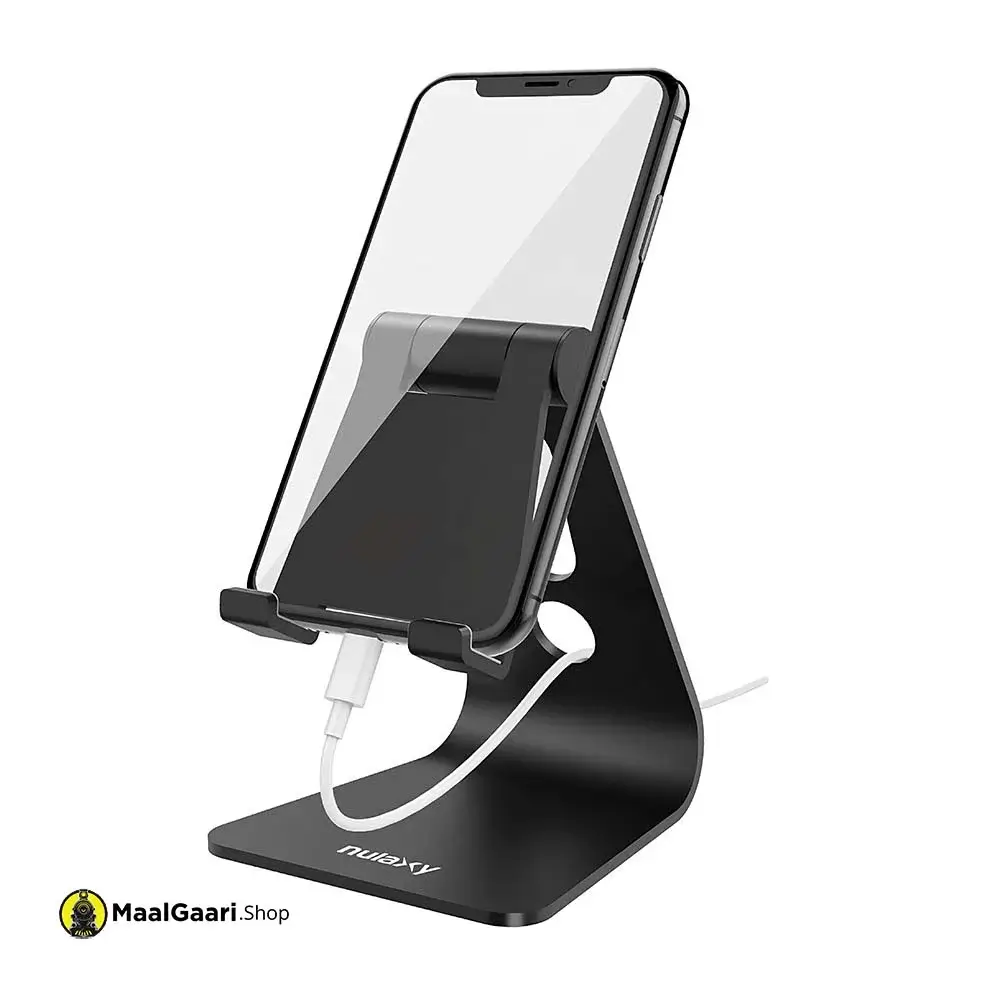




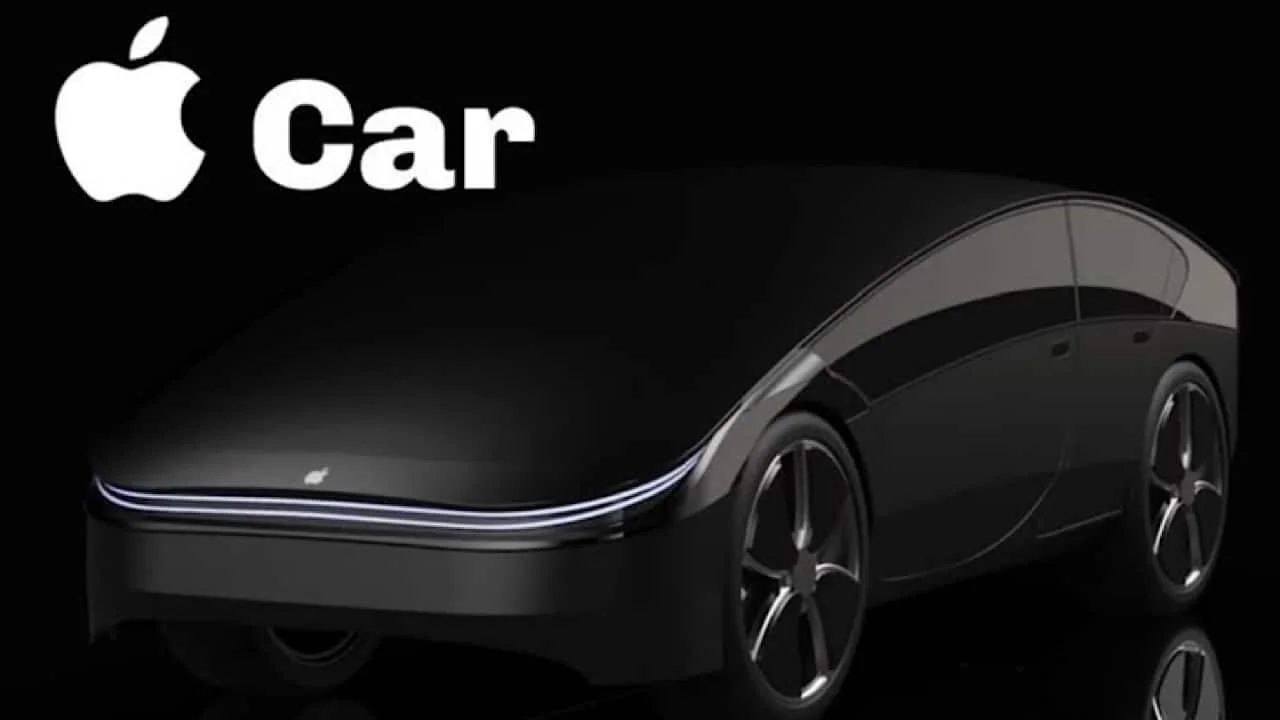






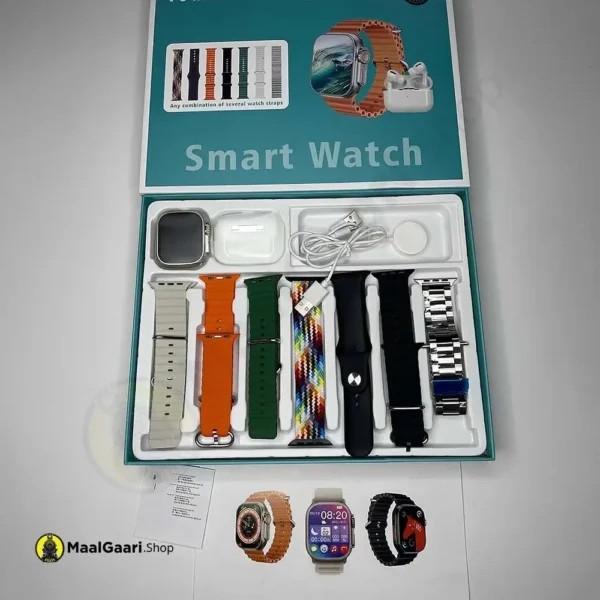






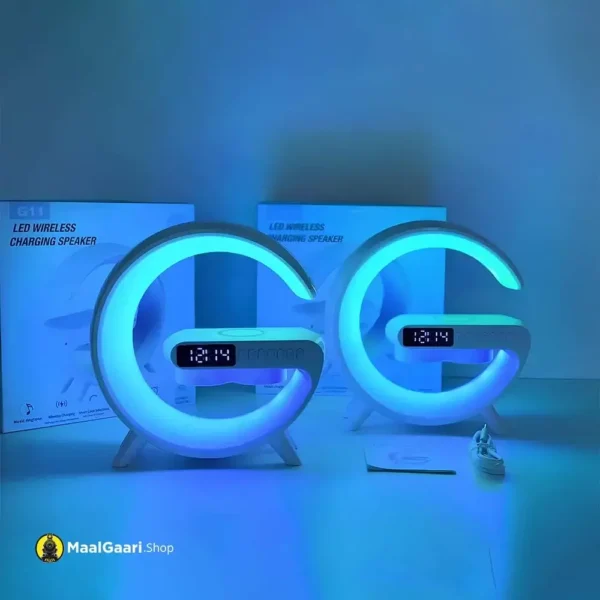














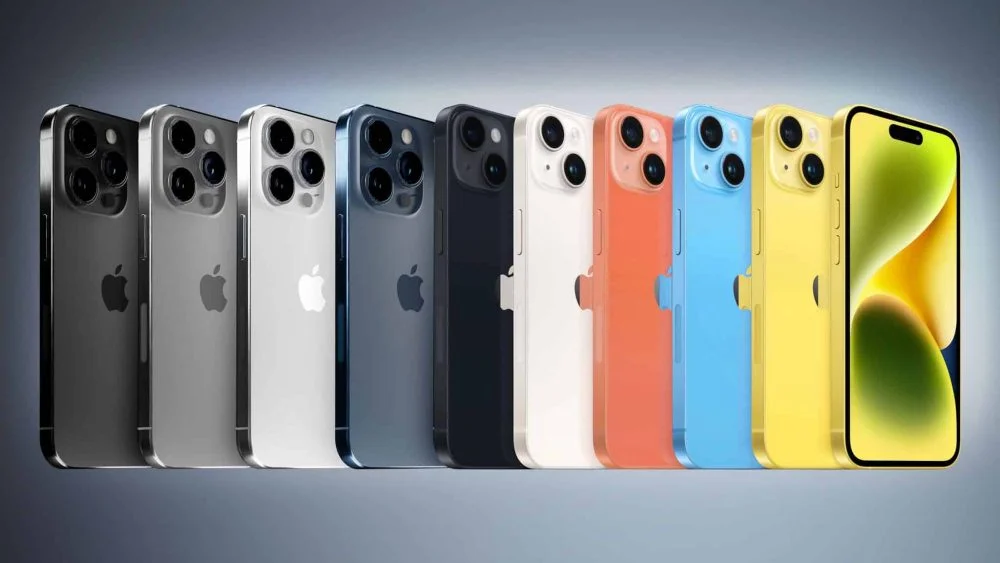
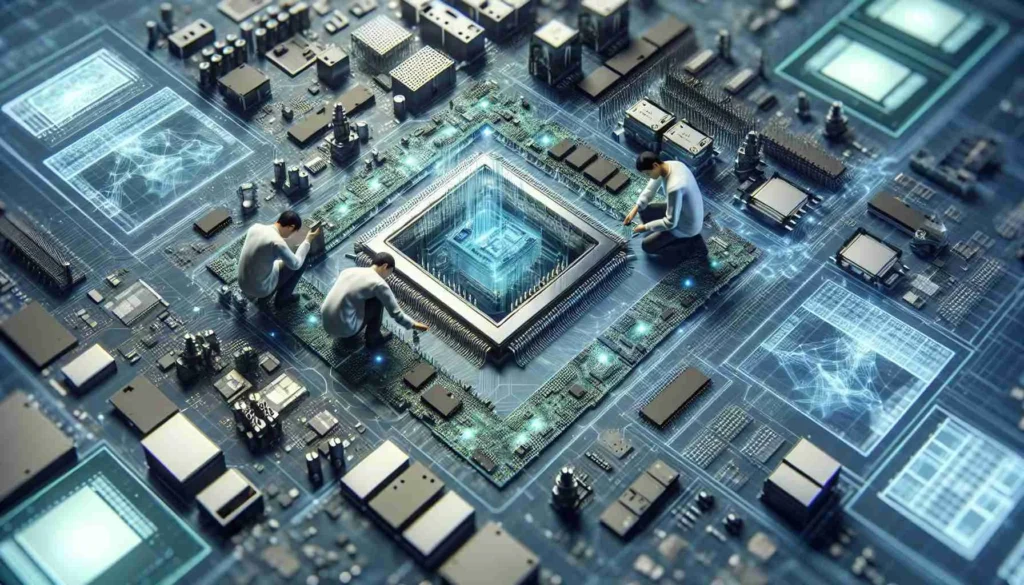
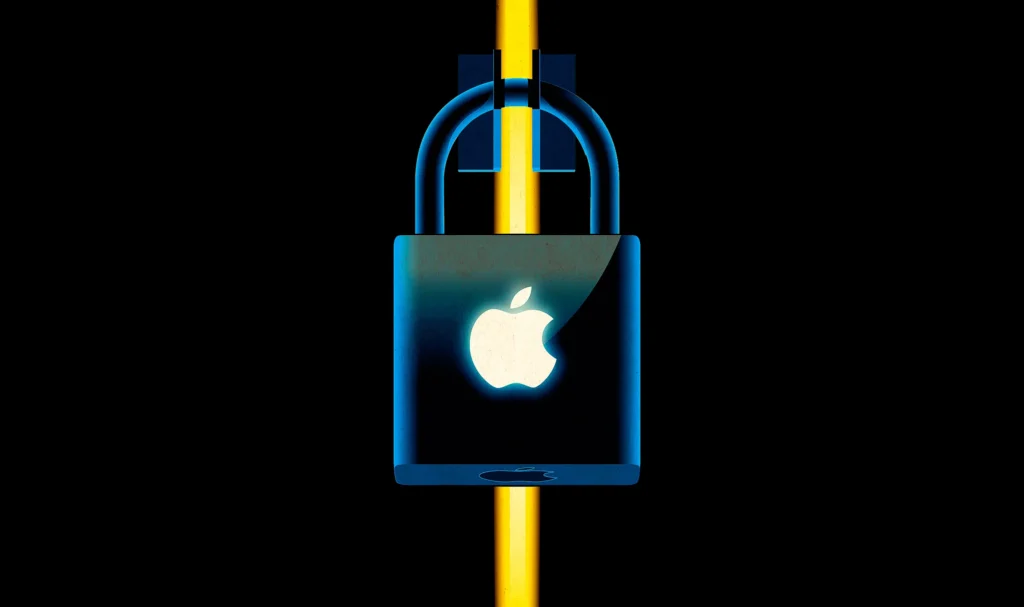
 Top Brands
Top Brands Onikuma Gaming
Onikuma Gaming Sony
Sony JBL
JBL